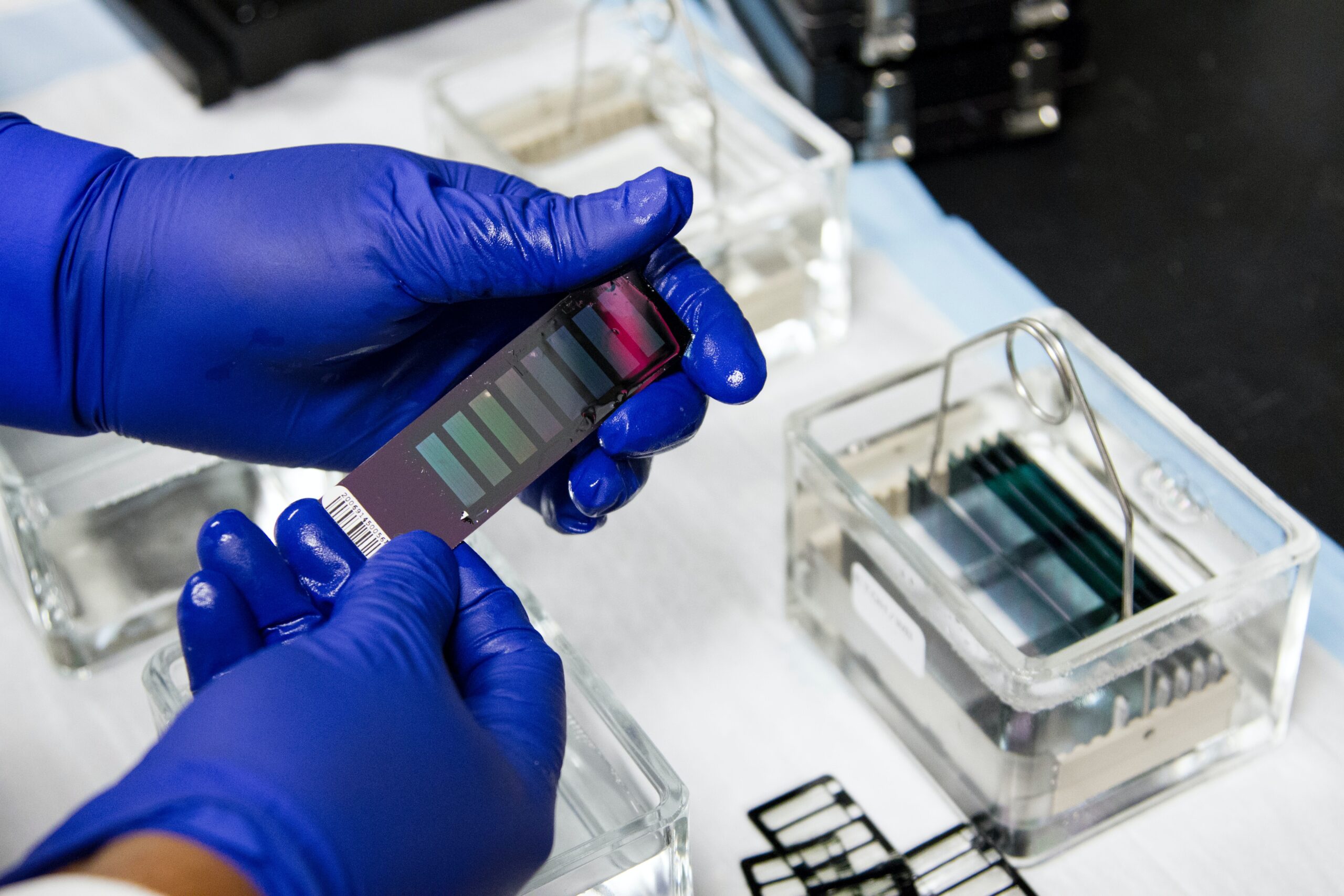Many researchers around the world are working to apply gene editing technologies with the hope of safely and effectively engineering populations of insects and other pest arthropods in the wild either to reduce diseases, such as malaria or dengue fever, or to control agricultural pests, such as those that transmit the bacterium that causes citrus greening disease. Important benefits could be realized if these research efforts are successful, but realizing these benefits requires sustained, open, and inclusive attention to potential environmental and social impacts and regulatory and implementation challenges.

Rules of the Road for Insect Gene Drive Research and Testing
- Post author:sdgpi
- Post published:Aug 8, 2017
- Post category:Research / SDG 15 / SDG 17 / SDG 3 / Sustainable Development Goals




